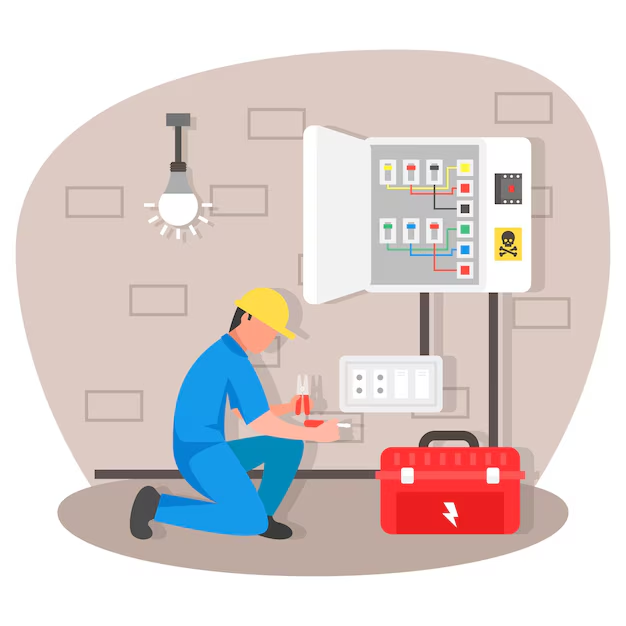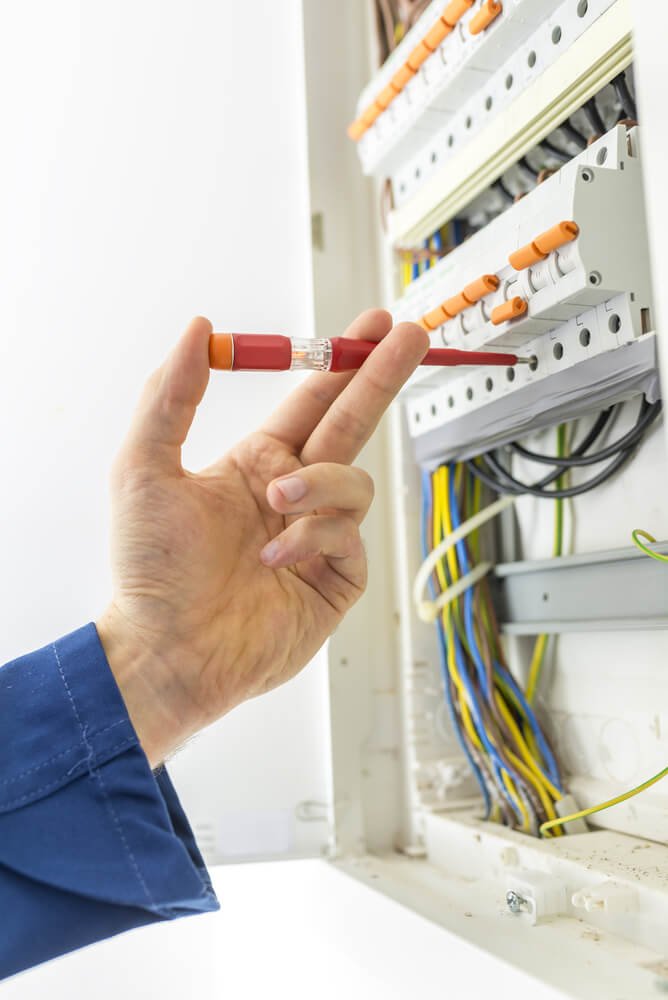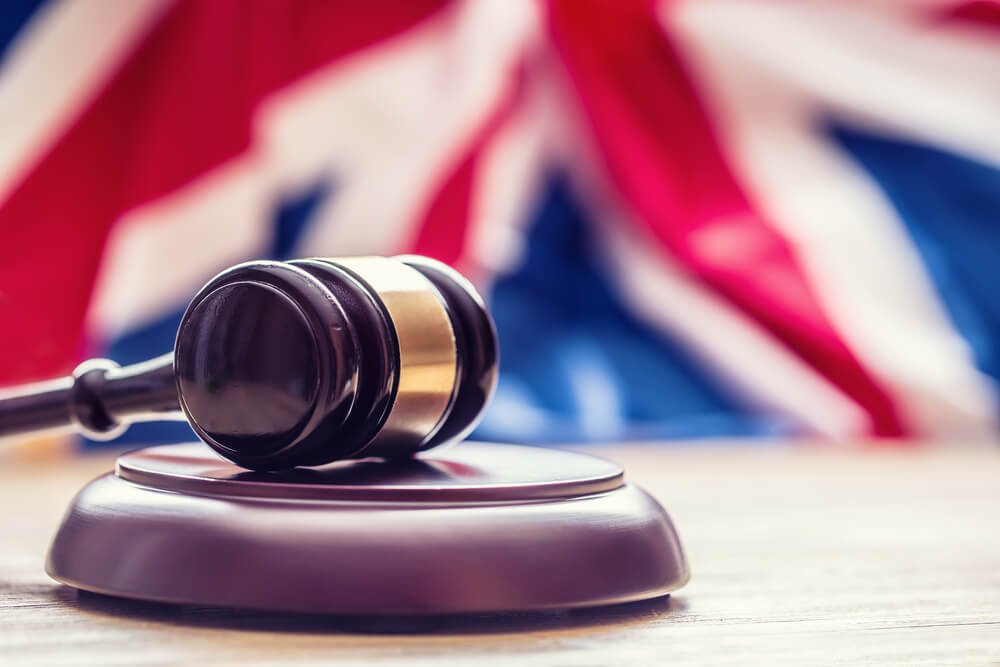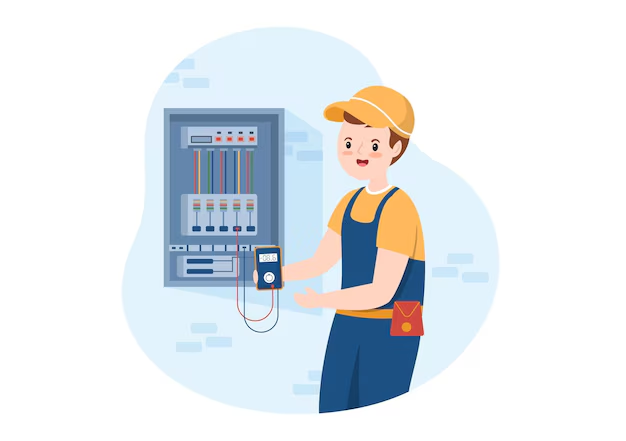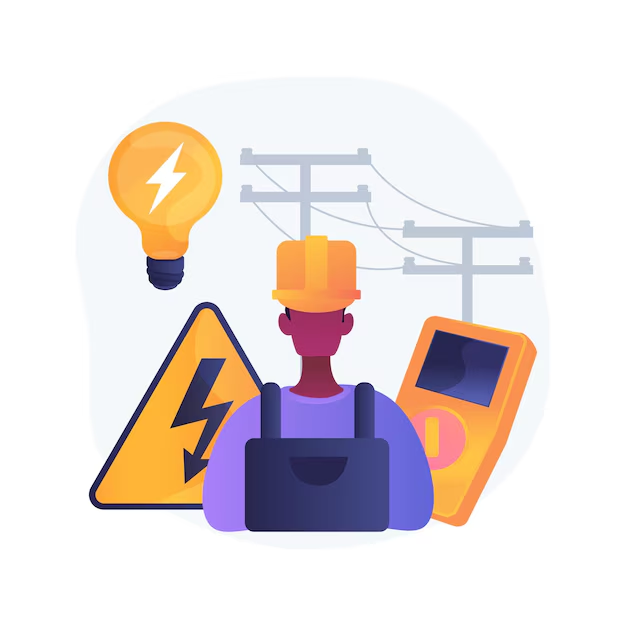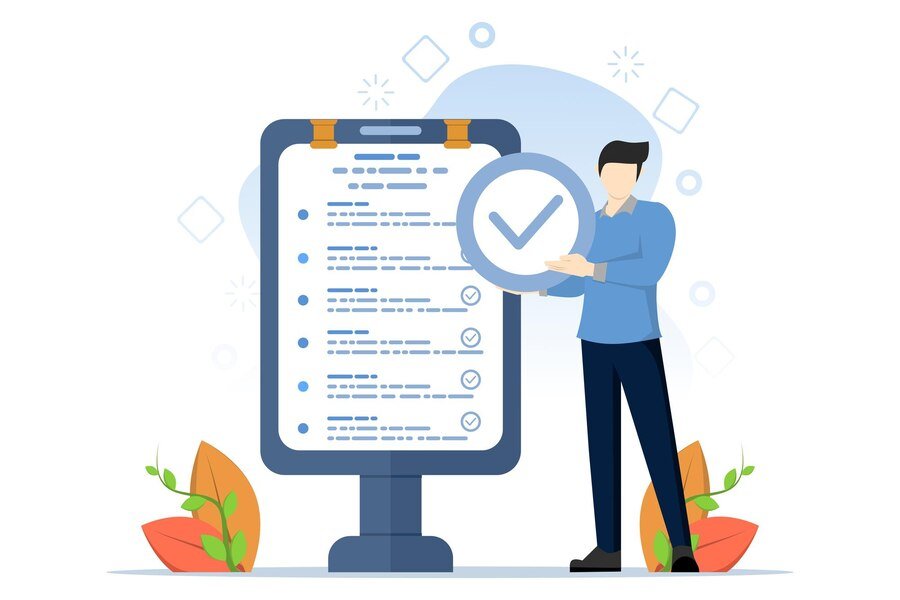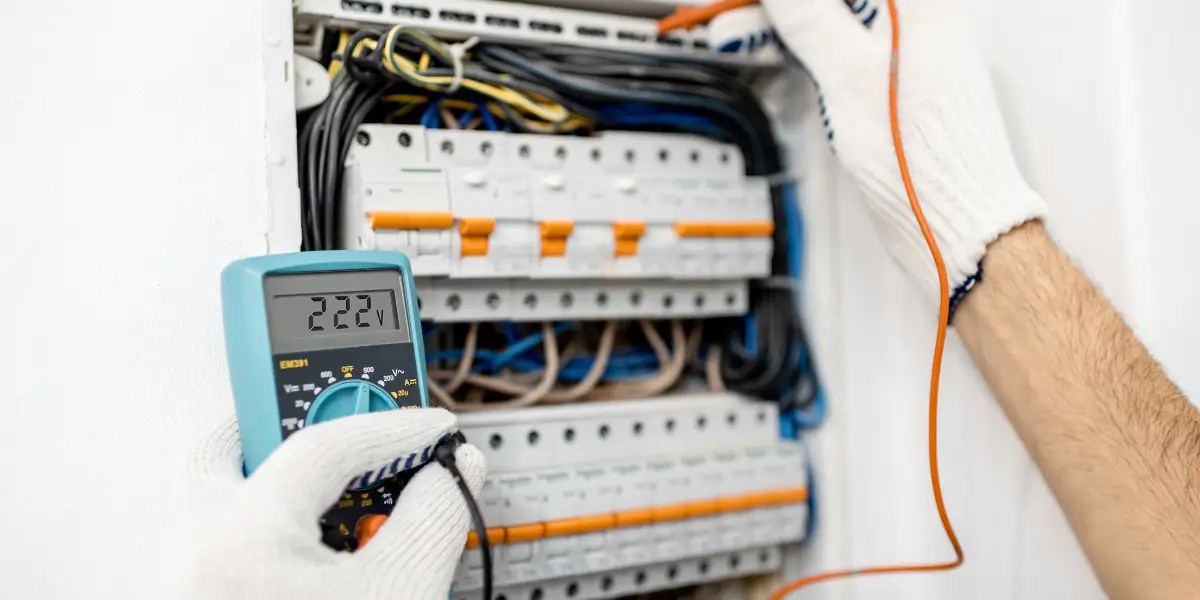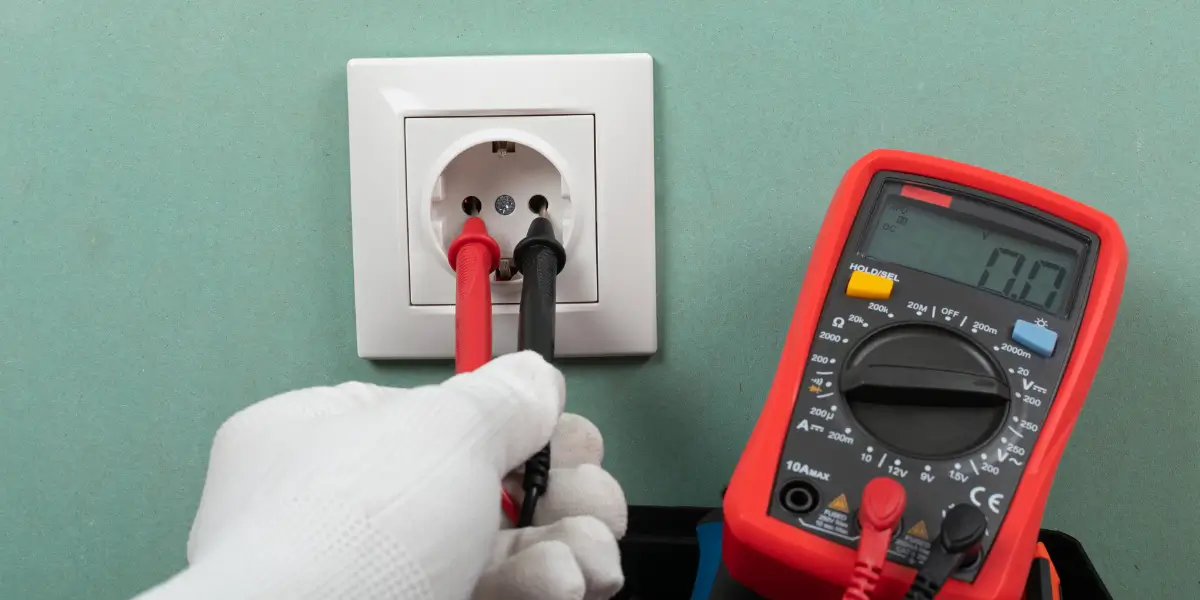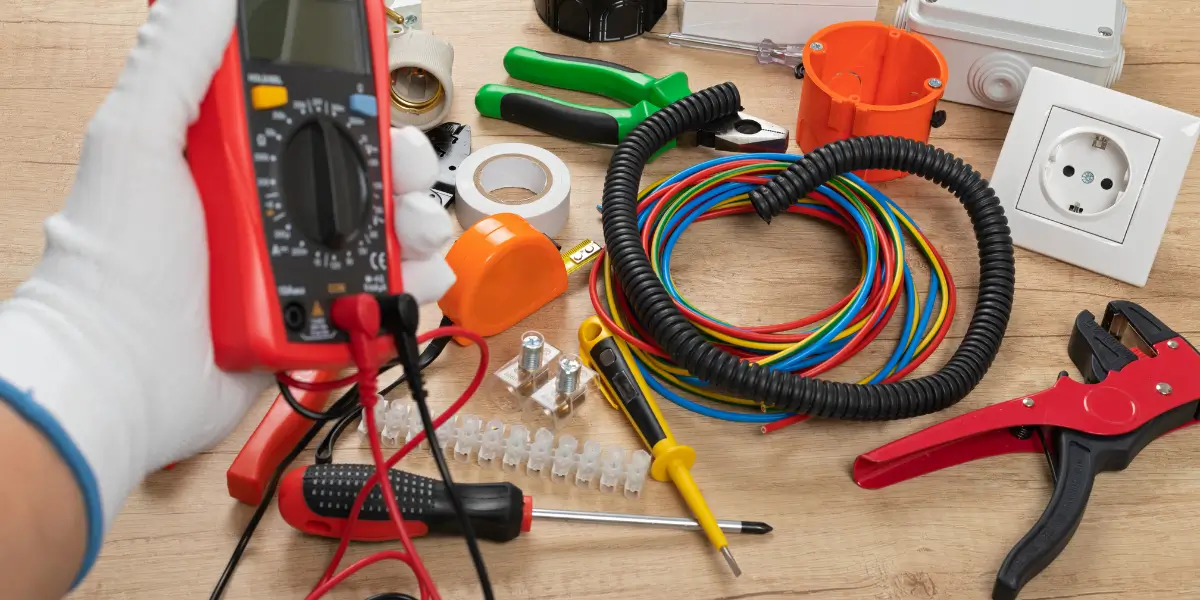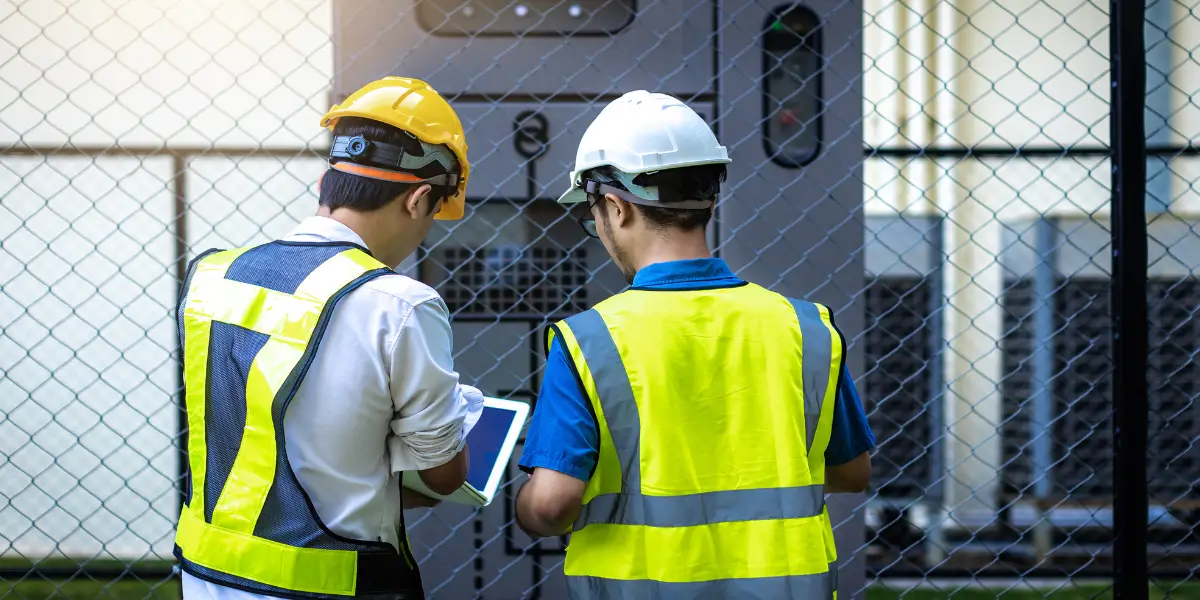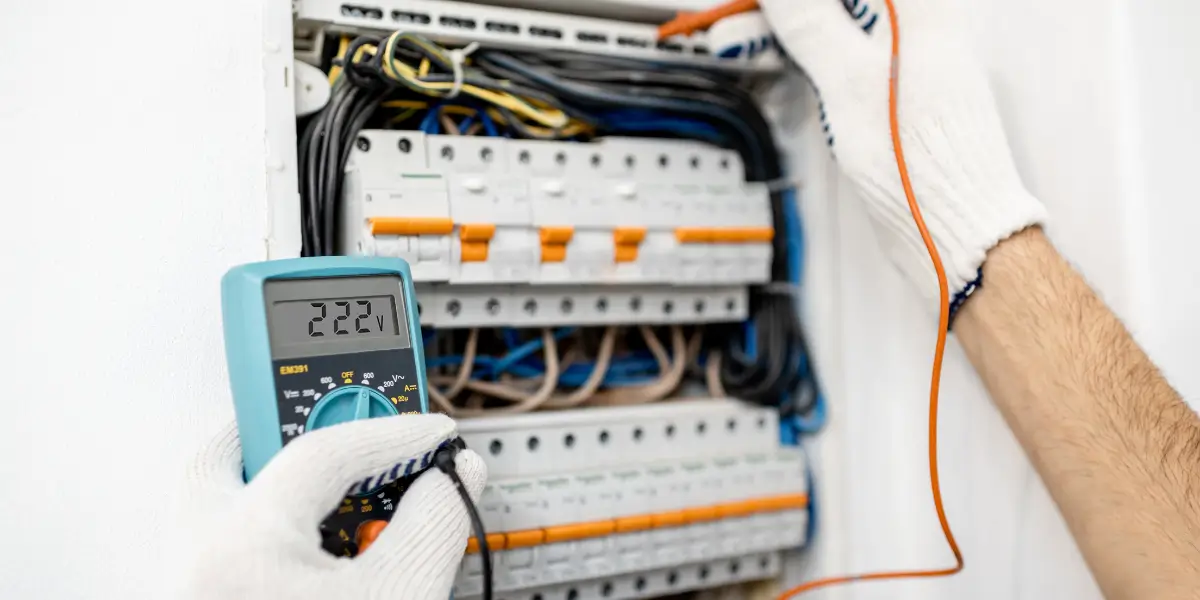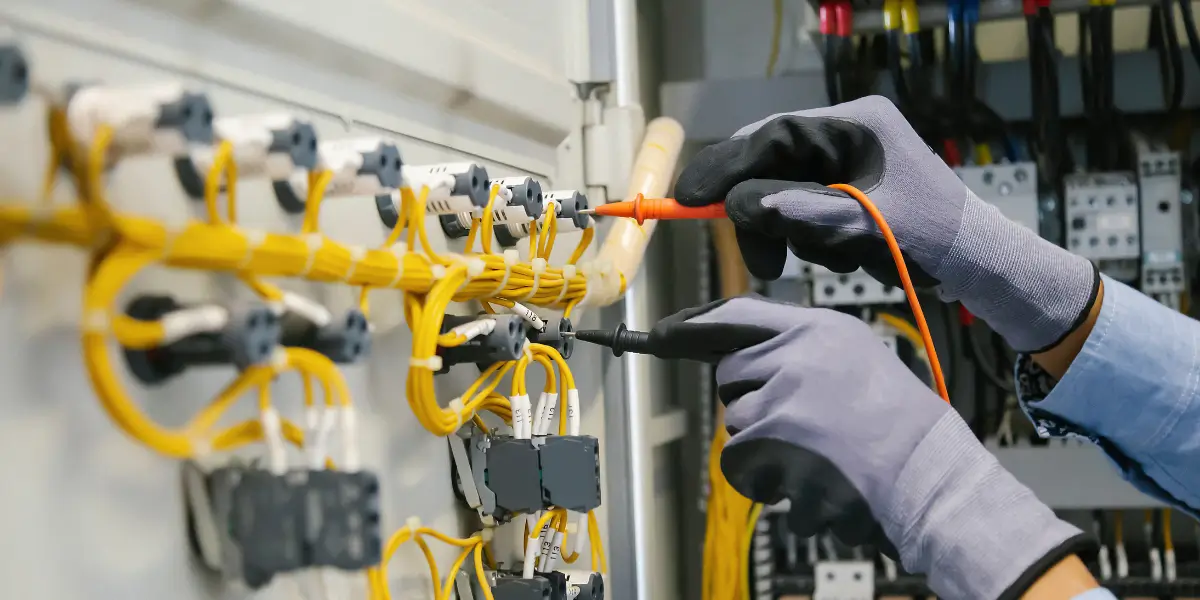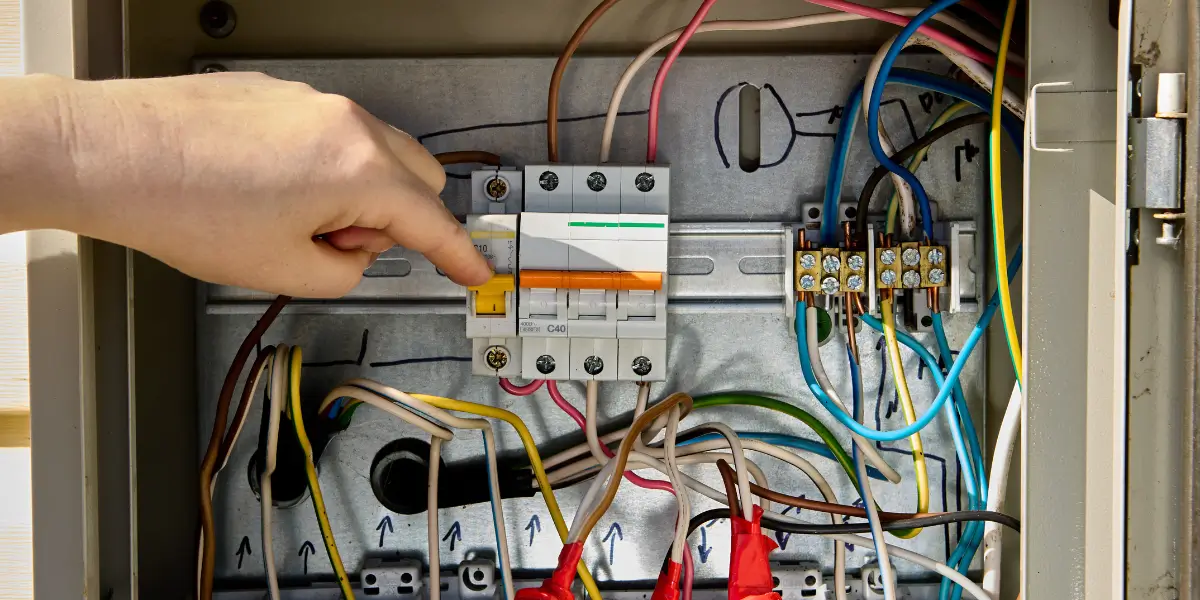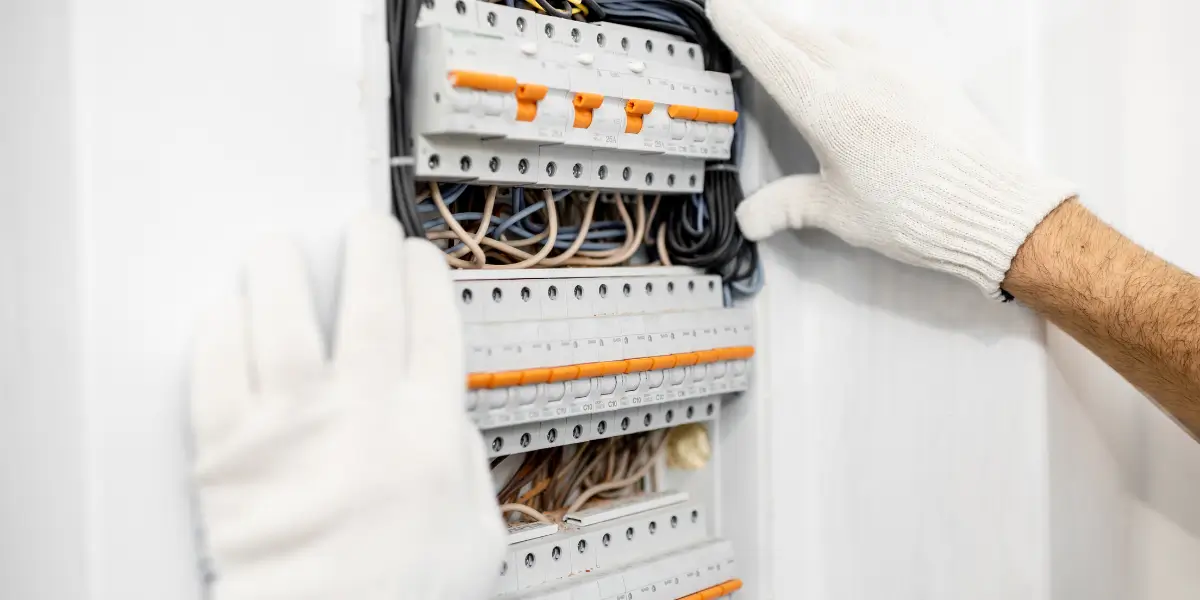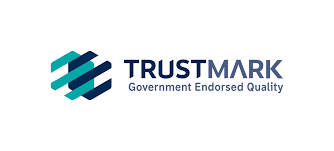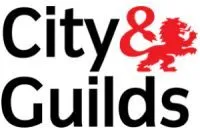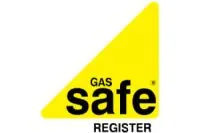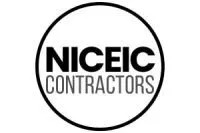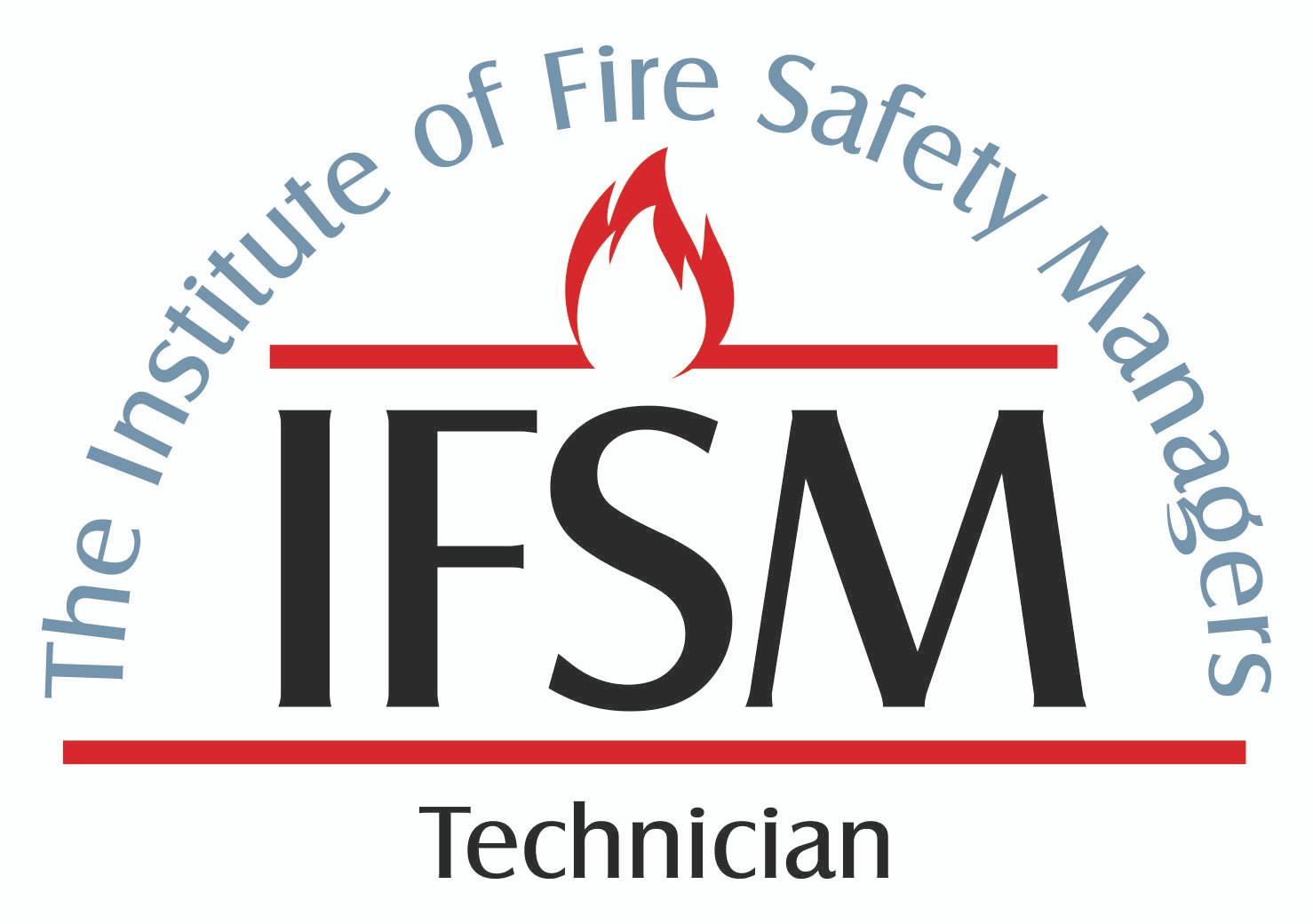ONLY £75
FOR Studio Property
* All inclusive (No hidden Cost)
* Limited time offer upto 2 weeks from now
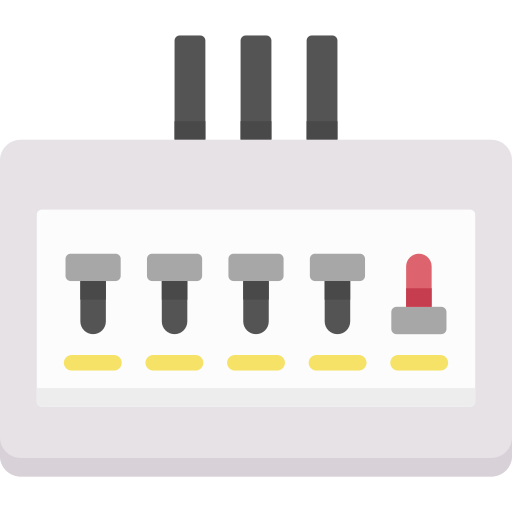
Studio
Property
£75
*All inclusive (No hidden Cost)
*For one fuse board or consumer unit and any additional fuse board would be £89.99
1-3 Bedrooms Property
£98.99
*All inclusive (No hidden Cost)
*For one fuse board or consumer unit and any additional fuse board would be £89.99
4 Bedrooms
Property
£109.99
*All inclusive (No hidden Cost)
*For one fuse board or consumer unit and any additional fuse board would be £89.99
5-6 Bedrooms Property
£149.99
*All inclusive (No hidden Cost)
*For one fuse board or consumer unit and any additional fuse board would be £89.99
What is an EICR Certificate London?
An EICR Certificate London ensures electrical safety in properties, which is crucial for compliance and risk prevention. It identifies hazards like electrical shocks and fires, guaranteeing adherence to safety standards. Professional engineers conduct detailed assessments, provide comprehensive reports, and recommend fixes.
Inspections adhere to strict guidelines on essential elements such as bonding and earthing. Non-compliance can lead to penalties, making prompt issue resolution crucial. These certificates, typically valid for five years, are vital for safety and legal protection. Understanding the process is essential for property owners and tenants seeking safety assurance.
Importance of EICR Certificate Testing
When considering the safety and compliance of electrical installations, the Importance of EICR Certificate Testing can’t be emphasised enough. EICR Certificate London, plays a vital role in ensuring the safety and functionality of electrical systems. Potential risks such as electrical shocks and fires are identified through thorough testing, allowing for timely remediation actions. This testing isn’t only essential for the safety of occupants but is mandatory for all rental properties to meet safety standards and legal obligations.
EICR testing is conducted by experienced electrical engineers or electricians who follow strict guidelines and parameters set forth by the IET’s Wiring Regulations standards. Specific elements like bonding, earthing, and residual current devices are meticulously checked during inspection. The detailed report generated post-testing provides valuable insights into the condition of the electrical installation and outlines any necessary remedial work. Ultimately, the EICR certificate issued post-correction confirms the electrical system’s safety and compliance.
Book NowEICR Certificate Process and Guidelines
In conducting EICR Certificate London testing, experienced electrical engineers or electricians meticulously inspect electrical installations following the parameters set by the IETF’s Wiring Regulations standards.
The process involves agreeing on testing parameters and sampling rates, focusing on key elements like bonding, earthing, and residual current devices. Inspection duration varies depending on property size and accessibility, guaranteeing a thorough examination.
Specific issues are checked during the assessment to ensure compliance with safety standards and regulations. The inspection aims to identify any faults, potential risks, or non-compliance issues within the electrical system.
By adhering to the guidelines and regulations set by the IET, the inspection safeguards the safety and well-being of occupants while also assisting landlords in meeting their legal obligations. This meticulous process is essential for maintaining electrical safety.
EICR Certificate Results and Corrective Actions
After completing the eicr certificate landlord detailed reports outlining the installation condition and necessary remedial work are provided. The results of the EICR highlight important information that requires attention:
Electrical Issues Identified
Identification of any electrical issues found during the inspection.
Visual Evidence
Inclusion of visual evidence like pictures to support the findings.
Resolution Deadline
Mandate for resolving electrical problems within 28 days.
Penalties for Non-Compliance
Potential penalties for non-compliance and required corrective actions.
EICR Certificate Issuance
Issuance of the EICR certificate of safety post-correction.
These reports play a critical role in ensuring the safety and compliance of electrical installations. They serve as a roadmap for addressing any identified hazards promptly, maintaining a secure environment for occupants. Non-compliance with the corrective actions within the specified timeframe can result in legal consequences and jeopardise the overall safety of the property. Acting upon the EICR results promptly is essential to maintain safety standards and prevent potential risks.
Frequency and Compliance
Following the completion of EICR testing and the identification of necessary remedial work, the frequency of subsequent inspections and compliance with safety standards become paramount considerations. Regular EICR inspections should take place at least every five years, as mandated by safety standards. However, for certain property types or high-risk installations, more frequent assessments may be recommended to guarantee ongoing safety. Compliance with these inspection schedules is crucial to guaranteeing the safety of occupants and providing legal protection for property owners.
It is essential to provide copies of EICR reports to tenants, housing authorities, and inspectors to demonstrate adherence to safety regulations. By maintaining up-to-date EICR documentation and ensuring compliance with safety standards, landlords can mitigate risks, protect occupants, and uphold legal requirements. Timely inspections and adherence to safety guidelines promote safety and foster trust between landlords, tenants, and regulatory bodies.
Costs, Maintenance, and Contact Information
Let’s explore the discussion regarding Costs, Maintenance, and Contact Information by addressing the financial aspects and upkeep requirements associated with EICR inspections.
When considering EICR inspections, costs can fluctuate depending on various factors inherent to the assessed property. It’s best to engage qualified professionals and perform preliminary checks to ensure a seamless inspection process. Providers offer tailored services with flexible scheduling options and expert guidance. Contact information is readily available in case of any queries or support needs. Additionally, detailed company information, including accreditation status and registration details, is provided for transparency and credibility.
EICR Certificate Legal Requirements
Moving from our discussion on the significance of the EICR certificate, the legal requirements surrounding EICR certification mandate specific obligations for landlords and property owners to guarantee electrical safety in compliance with regulations.
- Vital Inspections: EICRs should be conducted at least every five years for safety compliance.
- Compulsory Compliance: All rental properties must have an up-to-date EICR per the Housing Act 2004.
- Issuance to Tenants: Landlords must provide EICRs to tenants within the specified timeframe.
- Penalties for Non-Adherence: Failure to adhere to EICR checks can lead to penalties.
- Legal Requirement: EICR checks are mandatory for landlords to ensure safety standards are met and maintained.
These legal requirements are essential to upholding the safety and well-being of tenants, providing legal protection for property owners, and guaranteeing compliance with the necessary regulations governing electrical installations in rental properties.
Book nowEICR Certificate Inspection Procedures and Codes
Upon conducting an EICR inspection, qualified electricians utilize specialized equipment to assess wiring systems, circuits, and guarantee compliance with safety standards and regulations.
Detection of Hazards
Advanced tools are employed to identify potential risks such as faulty wiring connections or inadequate grounding.
Safety Assurance
The safety of occupants and the property is ensured through meticulous inspection and adherence to established codes.
Book NowDetailed Analysis
Each code provides specific guidance on the severity of issues detected, aiding in prioritising corrective actions.
Book NowCode Identification
Various codes, including C1 for immediate risks, C2 for potentially dangerous issues, C3 for improvements, and F1 for further investigation, are used to classify identified problems.
Book NowPreventive Measures
EICRs play an essential role in preventing electrical fires, shocks, and accidents by addressing issues proactively based on the identified codes.
Book NowConducting EICR Certificate
Let’s initiate the process of conducting an EICR certificate by engaging qualified and competent inspectors to guarantee electrical safety compliance. The inspection should be carried out by experienced electrical engineers or electricians following the IET’s Wiring Regulations standards.
Specific issues such as bonding, earthing, and residual current devices must be thoroughly checked. The duration of the inspection will vary depending on the size and accessibility of the property being assessed.
During the inspection, the inspectors will test the wiring systems and accessories, document any faults detected, and recommend corrective actions. The report will include detailed information on the condition of the installation and any required remedial work. Visual evidence, such as photographs, may be included in the report to support findings.
To ensure compliance with safety standards, any identified electrical issues must be addressed within 28 days. An EICR certificate of safety will be issued for the property after successfully resolving any issues.
Book nowEICR Regulations and Compliance
Landlords must adhere to the regulations outlined in the Electrical Safety Standards in the Private Rented Sector (England) Regulations 2020 to guarantee compliance with national electrical safety standards.
- Mandatory inspections every five years for electrical safety.
- Reports must be shared with tenants and housing authorities.
- Prompt completion of required remedial work.
- Written confirmation of corrective actions undertaken.
- Legal obligation for landlords to ensure safety compliance.
Following these regulations is essential to ensure the safety of occupants and avoid penalties for non-compliance.
The Electrical Safety Standards in the Private Rented Sector (England) Regulations 2020 set clear guidelines for landlords regarding electrical installations in rental properties. By conducting regular inspections and promptly addressing any identified issues, landlords can maintain a safe environment for tenants and fulfil their legal responsibilities. Failure to comply with these regulations can lead to severe consequences, making adherence critical for all parties involved.
EICR Certificate for Rental Properties
Regular EICR Certificate inspections in rental properties ensure electrical safety and compliance standards are met. These inspections are vital for landlords to fulfil their legal obligations and maintain the safety of their tenants. The EICR process involves a detailed assessment of the property’s electrical installations by experienced electricians or engineers. Specific issues like bonding, earthing, and residual current devices are thoroughly checked to identify potential tenant safety risks.
Upon completion of the inspection, a detailed report outlining the condition of the electrical installation and any required remedial work is provided. Landlords must address these electrical issues within 28 days to ensure compliance with safety regulations. If you don’t comply with the necessary corrective actions, it can result in penalties and further mandatory steps.
Once the required work is completed, an EICR safety certificate is issued to certify that the property meets the electrical safety and compliance standards, providing peace of mind to landlords and tenants.
Book nowLandlord Responsibilities With EICR Certificate
Landlords must ensure that the EICR certificate for their rental properties is current and in accordance with electrical safety regulations. It’s important to guarantee compliance with safety standards to protect tenants and property owners.
Here are key responsibilities landlords must adhere to regarding EICR certificates:
- Regularly schedule EICR inspections to maintain safety standards.
- Hire qualified electricians or electrical engineers for accurate testing.
- Provide tenants, housing authorities, and inspectors with copies of EICR reports.
- Address any electrical issues highlighted in the EICR report within 28 days.
- Ensure the EICR certificate is valid and renewed every five years to guarantee ongoing electrical safety compliance.

Areas We Serve for EICR Certificate London
Wandsworth
Harrow
Ealing
Bromley
Croydon
Fulham
Kensington
Westminster
Sutton Surrey
W1
SW
WD
EN
CM
IG
RM
DA
BR
CR
SM
KT
TW
UB
HA
FAQs
Certainly, we acknowledge the importance of accommodating tenants’ schedules for EICR testing. However, conducting tests during odd hours may not align with safety protocols due to equipment requirements and potential risks.
Specific requirements for electricians conducting EICR inspections on commercial properties include competence in commercial electrical systems and adherence to legal standards. Professional certifications like NICEIC or ECA accreditation are often sought for commercial inspections.
Certainly, we can submit EICR reports electronically for fast processing. It improves convenience for both authorities and tenants. This approach guarantees prompt access to crucial information, effectively hastening safety compliance and maintenance actions.
We communicate EICR inspection results to tenants promptly. Safety steps include cooperating with electricians during checks, avoiding tampering with electrical components, and promptly reporting concerns. We aim to guarantee tenant safety efficiently.
We have yet to find government grants or financial assistance for EICR inspections. Costs vary based on property size, starting at £67.99. Landlords should budget this expense. It guarantees electrical safety compliance and prevents risks, benefiting all involved parties.
Our Electrical Safety Guides
Studio Property
£75
*All inclusive (No hidden Cost)
*For one fuse board or consumer unit and any additional fuse board would be £89.99
1-3 Bedrooms Property
£98.99
*All inclusive (No hidden Cost)
*For one fuse board or consumer unit and any additional fuse board would be £89.99
4 Bedrooms Property
£109.99
*All inclusive (No hidden Cost)
*For one fuse board or consumer unit and any additional fuse board would be £89.99
5-6 Bedrooms Property
£149.99
*All inclusive (No hidden Cost)
*For one fuse board or consumer unit and any additional fuse board would be £89.99


